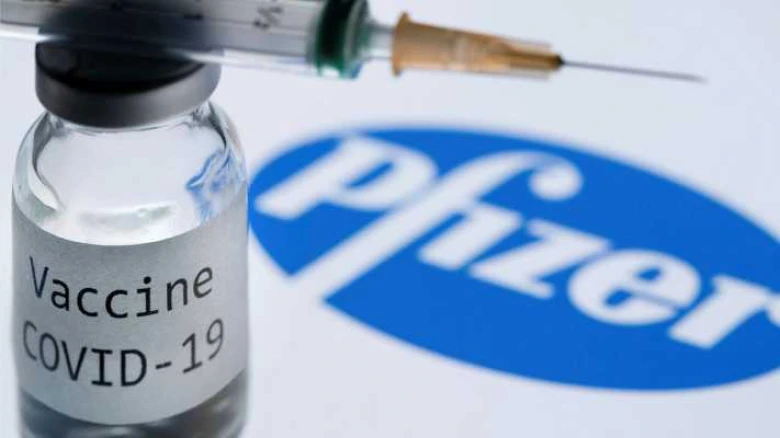Regional

Digital desk: Pfizer, the world's largest pharmaceutical
company, stated on Wednesday that it will donate its patented pharmaceuticals
to the world's poorest countries as part of a new programme revealed at the
World Economic Forum in Davos.
mso-fareast-font-family:"Times New Roman";mso-bidi-font-family:Arial;
color:#2E2E2E">Pfizer presently possesses 23 patents on infectious diseases,
cancer, inflammation, uncommon disorders, and women's health, including
Comirnaty and Paxlovid, as well as its covid vaccination and oral therapy.
mso-fareast-font-family:"Times New Roman";mso-bidi-font-family:Arial;
color:#2E2E2E">"This transformational commitment will provide almost 1.2
billion individuals in the United States and the European Union with access to
Pfizer-patented medicines and vaccines," Angela Hwang, group head of the
Pfizer Biopharmaceuticals Group, told AFP.
mso-fareast-font-family:"Times New Roman";mso-bidi-font-family:Arial;
color:#2E2E2E">Five nations have agreed to join: Rwanda, Ghana, Malawi,
Senegal, and Uganda, with a total of 40 countries (27 low-income and 18
lower-middle-income) able to negotiate bilateral agreements.
mso-fareast-font-family:"Times New Roman";mso-bidi-font-family:Arial;
color:#2E2E2E">Developing countries bear 70% of the world's disease burden but
only receive 15% of global health investment, resulting in disastrous outcomes.
mso-fareast-font-family:"Times New Roman";mso-bidi-font-family:Arial;
color:#2E2E2E">One child in every 13 in Sub-Saharan Africa dies before their
fifth birthday, compared to one in every 199 in high-income countries.
mso-fareast-font-family:"Times New Roman";mso-bidi-font-family:Arial;
color:#2E2E2E">Cancer-related mortality is also much greater in low- and
middle-income nations, resulting in more deaths in Africa each year than
malaria.
mso-fareast-font-family:"Times New Roman";mso-bidi-font-family:Arial;
color:#2E2E2E">All of this is happening against a backdrop of limited access to
new drugs.
mso-fareast-font-family:"Times New Roman";mso-bidi-font-family:Arial;
color:#2E2E2E">Essential medicines and vaccines typically take four to seven
years longer to reach the poorest countries, and supply chain issues and poorly
resourced health systems make it difficult for patients to receive them once
approved.
Leave A Comment